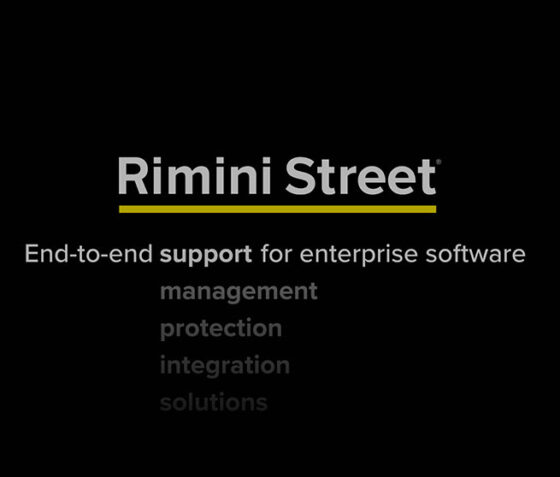Proven Impact
overall average client satisfaction rating
Fortune 500 and Global 100 clients signed
in estimated total client savings since 2005
savings on total support costs
We see enterprise IT differently
We were founded on the radical idea that you — not software vendors or resource constraints — should be in charge of your IT. Our model focuses on helping you clear operational hurdles so you can focus on delivering business value. Learn how our enterprise software solutions can solve your support, maintenance, and managed service challenges.
Superior Service Experience
Proven Sustained Value
ONE Trusted Partner
Integrated services across your entire IT environment
We tackle big challenges for big clients
See how our family of services and deep expertise help organizations around the world address their toughest IT priorities.
Getting started is easy
Once your services are in place, your dedicated Client Success Manager will serve as a single point of contact for questions about your account and services, and you’ll have access to Street Central, our easy-to-use client portal, for self-service management.
1. Review
2. Develop
3. Prepare
4. Execute
Let's Start a Conversation
Let’s discuss your goals and how end-to-end solutions from Rimini Street can help you get there.






















